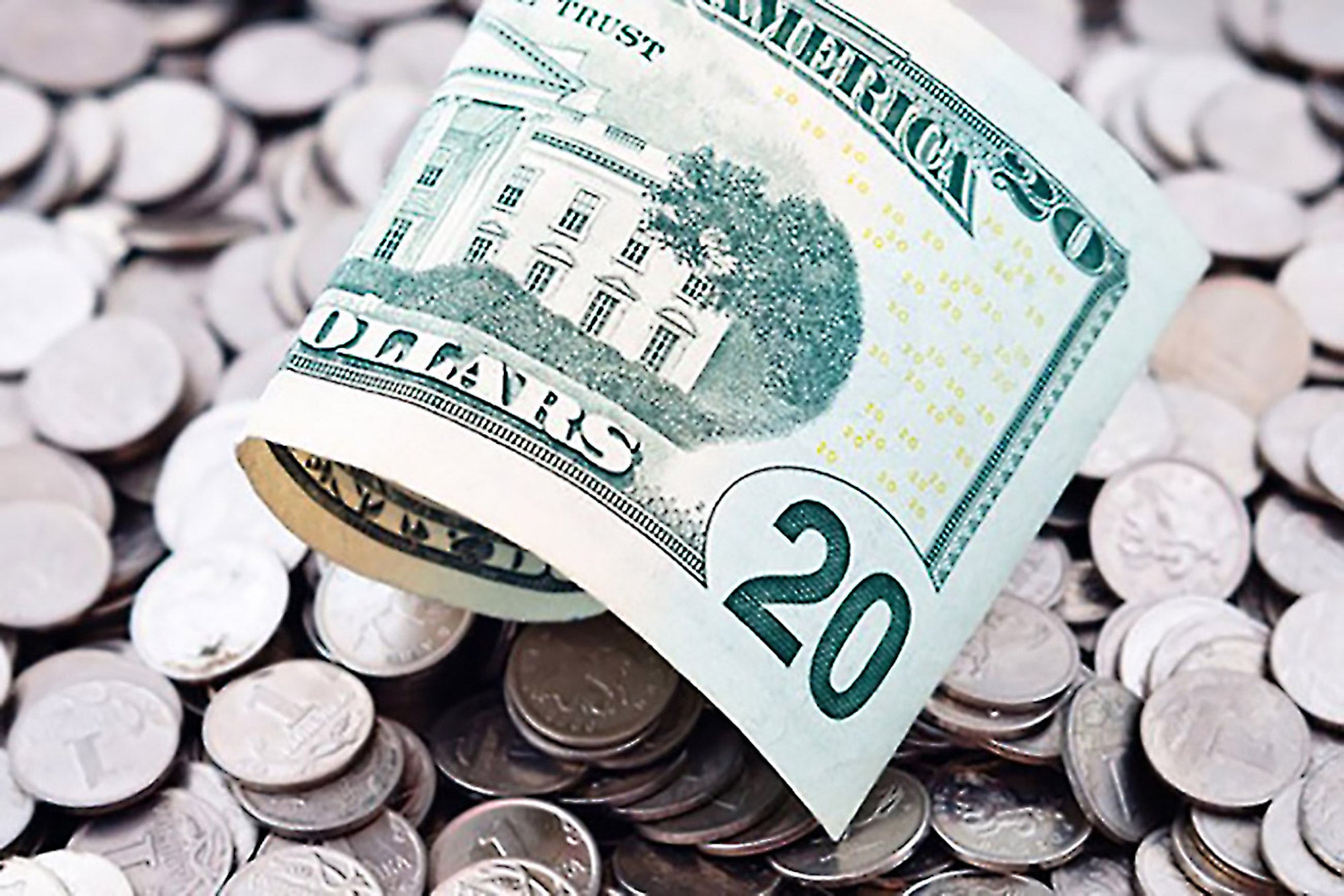CBO Says Raising Minimum Wage Will Lead to Job Cuts A hike in the minimum wage could lead to as many as half a million job cuts, according to the nonpartisan analysis.
By Ray Hennessey Edited by Dan Bova
Opinions expressed by Entrepreneur contributors are their own.

The nonpartisan Congressional Budge Office says the recent push by the Obama Administration to raise the minimum wage would lead to more joblessness.
The CBO, weighing in on a plan to hike the federal minimum wage, looked at two increases: to $9 and $10.10. The group concluded that a $9 increase would cost 100,000 new jobs as employers cut workers to make up for the higher wages. A $10.10 increase would cost 500,000 jobs, the CBO said.
Labor unions and Congressional Democrats have been pushing aggressively for a wage hike, saying such a move would take as many as 6 million people out of poverty.The CBO is less optimistic, saying 900,000 current workers could be lifted above the poverty level, though at the cost of a weakened labor force. Business groups and many Republicans have argued the current job market can't support such a hike and that few American workers even make as low as the minimum wage.
Related: What Franchises Could Lose If the Minimum Wage Is Raised
Economic research on the effect of minimum-wage hikes has been all over the map, mostly because there are so many variables at work. For existing workers, it generally leads to higher income. But that, as the CBO report suggests, comes at the expense of opportunities for new people coming into the workforce. That means that, while some benefit, others lose.
As researchers David Neumark and William Wascher put it, higher minimum wages "increase both the probability that poor families escape poverty and the probability that previously non-poor families fall into poverty."
Business groups were quick to cheer the CBO's analysis. "The CBO has confirmed what the vast majority of careful, peer-reviewed economic research has also shown: Raising the minimum wage will reduce job opportunities for the least-skilled, at a time when unemployment for young adults has been above 20 percent for more than five years," according to the Employment Policies Institute.











